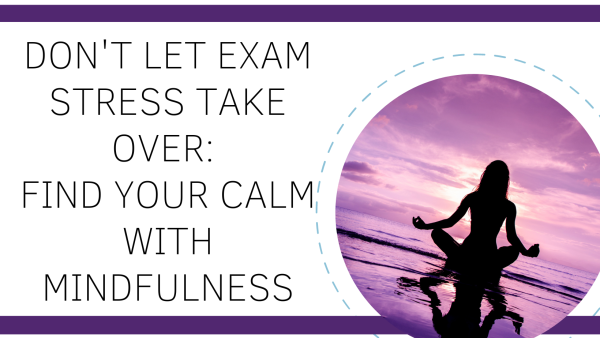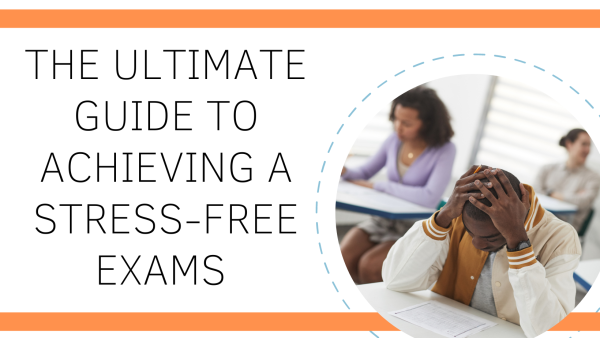If you’re a school leaver who isn’t interested in pursuing a career in technology, you may be wondering what other job opportunities are available. While the tech industry may be booming, there are still plenty of other career paths that are in high demand and offer a promising future. Here are 10 job titles and career choices that are predicted to be in-demand over the next decade:
- Healthcare professional
- Teacher or education professional
- Environmental scientist or specialist
- Marketing and advertising professional
- Financial advisor or analyst
- Social worker or human services professional
- Cybersecurity professional
- Creative professional (e.g. graphic designer, writer, artist)
- Legal professional
- Sales professional
According to the World Economic Forum’s “Future of Jobs Report 2020,” the healthcare industry is projected to experience significant growth in the coming years due to an aging population and increased demand for healthcare services. In addition, teachers and education professionals will continue to be in high demand as the education system adapts to changes in technology and curriculum. Environmental scientists and specialists will be needed to address climate change and sustainability issues, while marketing and advertising professionals will be essential for businesses looking to stay competitive in a rapidly evolving marketplace.

The Institute for the Future’s “Future of Skills Report” highlights the importance of social and emotional intelligence, complex problem-solving, and critical thinking skills for success in the workforce. Financial advisors and analysts will need strong analytical and problem-solving skills to help clients make informed financial decisions, while social workers and human services professionals will require strong interpersonal skills to support vulnerable individuals and communities. Cybersecurity professionals will be needed to protect businesses and individuals from online threats, and creative professionals will be important for companies looking to innovate and differentiate themselves from competitors. Legal professionals and sales professionals will also continue to be in demand across a range of industries.
It’s important to note that while these careers may not be tech-based, many of them will still require some level of technology skills and familiarity with digital tools. For example, healthcare professionals may need to be proficient in electronic health records systems, while marketing professionals will need to be familiar with social media platforms and digital advertising tools.
As you consider your future career path, think about your own strengths and interests, as well as the skills and education required for the careers that interest you. Pursuing a career that aligns with your passions and values is key to finding long-term success and satisfaction.
In conclusion, while the tech industry may be dominating headlines, there are still plenty of other in-demand career paths available to school leavers. By staying informed about the trends and job opportunities in different industries, you can chart a course for a successful and fulfilling career.
This post is based on data from the following reports:
The Future of Jobs Report 2020″ by the World Economic Forum
The Future of Skills Report” by the Institute for the Future (IFTF)
The Future of Work: Jobs and Skills in 2030″ by Pearson and Nesta.
#careersuccess #careerdevelopment #jobopportunities #futureofwork #independentfuture #newgradjobs #careeradvice #skillbuilding #careerplanning #beyondtech










